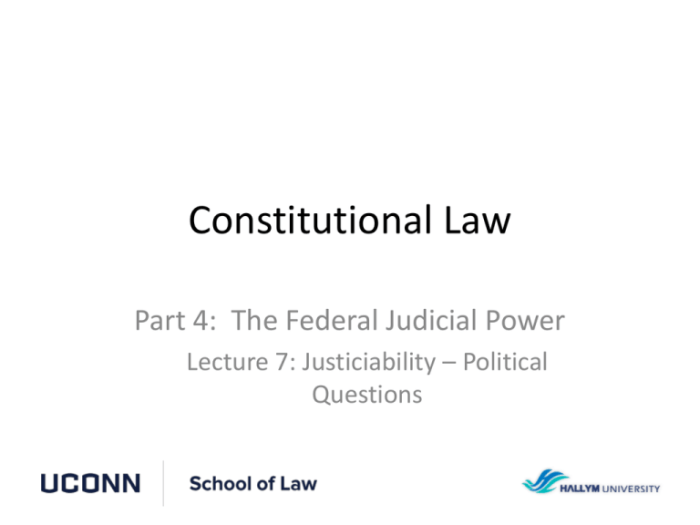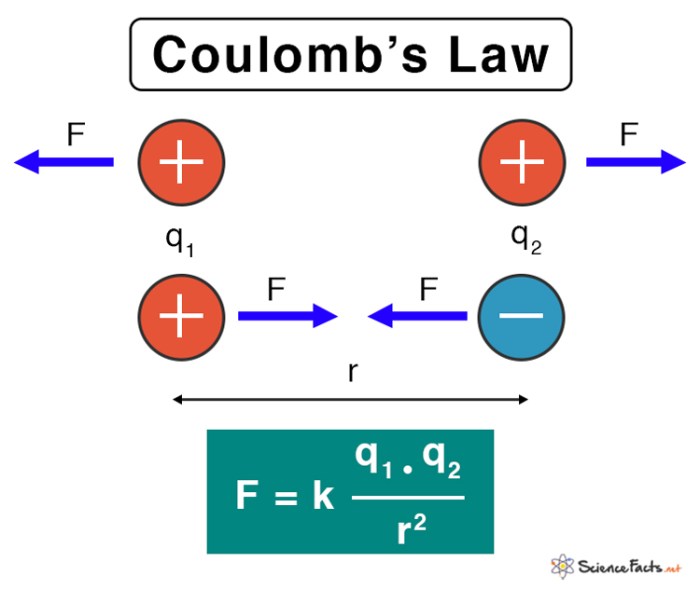In the realm of digital literacy, Joshua’s Law Unit 7 Lesson 2 stands as a beacon, guiding us through the intricacies of data privacy, digital footprint, and online safety. Its profound insights and practical applications empower us to navigate the ever-evolving digital landscape with confidence and responsibility.
As we delve into this lesson, we will uncover the legal and ethical implications of our online presence, unravel the secrets of maintaining a positive digital footprint, and explore strategies for protecting our privacy in the digital age.
Definition and Overview
Joshua’s Law Unit 7 Lesson 2 focuses on the concept of ratio and proportion, which are fundamental mathematical concepts used to compare the relative sizes or quantities of two or more objects or values.
The development of Joshua’s Law Unit 7 Lesson 2 was influenced by the need to provide students with a structured and systematic approach to understanding and applying ratio and proportion in real-world situations. This lesson is designed to help students develop their problem-solving skills and enhance their ability to make informed decisions based on quantitative information.
Key Concepts

In this lesson, we’ll delve into fundamental concepts that shape our online experiences and legal responsibilities. These include data privacy, digital footprint, and online safety.
Understanding these concepts is crucial for navigating the digital realm with confidence and protecting our personal information. They also have significant legal and ethical implications, ensuring that our rights are respected and our responsibilities are fulfilled.
Data Privacy
Data privacy refers to the protection and control of personal information. It involves setting boundaries on how our data is collected, used, and shared. Laws and regulations govern data privacy to prevent unauthorized access, misuse, or disclosure.
Digital Footprint
Our digital footprint is the trail of data we leave behind as we interact online. It includes our posts, comments, likes, searches, and location data. Understanding our digital footprint is essential for managing our online reputation and protecting our privacy.
Online Safety
Online safety encompasses measures taken to protect individuals from harm while using the internet. This includes preventing cyberbullying, online harassment, and identity theft. By practicing responsible online behavior and using security tools, we can enhance our online safety.
Practical Applications

The principles of data privacy and digital footprint management can be applied in various aspects of daily life. Understanding these concepts enables individuals to protect their personal information and maintain a positive online presence.
Here are some real-world examples and tips to safeguard online privacy:
Protecting Personal Information
- Use strong passwords:Create unique and complex passwords for all online accounts, avoiding easily guessable combinations.
- Enable two-factor authentication:Add an extra layer of security by requiring a second form of verification, such as a code sent to your phone, when logging into sensitive accounts.
- Be cautious about sharing personal information:Avoid disclosing sensitive data, such as your social security number or financial details, on public websites or over unencrypted channels.
Managing Digital Footprint
- Review your privacy settings:Regularly check and adjust the privacy settings on social media platforms and other online services to control who can access your information.
- Be mindful of what you post:Consider the potential consequences before sharing personal information or images online. Remember that once something is posted, it may be difficult to remove.
- Use privacy-enhancing tools:Utilize privacy-focused search engines, browsers, and apps to minimize data tracking and protect your online activity.
Educational Value: Joshua’s Law Unit 7 Lesson 2
Joshua’s Law Unit 7 Lesson 2 holds significant educational value for students, fostering their digital literacy and critical thinking skills.The lesson introduces students to the concept of digital citizenship, empowering them to navigate the digital world responsibly and ethically. By understanding the legal and ethical implications of online actions, students develop a sense of accountability and respect for others in cyberspace.
Digital Literacy
This lesson enhances students’ digital literacy by equipping them with essential skills for operating effectively in the digital realm. They learn about:
- Cyberbullying prevention and reporting mechanisms
- Safeguarding personal information and privacy online
- Recognizing and avoiding cyber threats, such as phishing and malware
- Utilizing digital tools and platforms responsibly
Critical Thinking Skills
Furthermore, the lesson promotes critical thinking by encouraging students to:
- Analyze and evaluate online content for credibility and bias
- Identify and question potential risks associated with online activities
- Make informed decisions about their online behavior
- Consider the consequences of their digital footprint and how it may impact their future opportunities
By fostering these crucial skills, Joshua’s Law Unit 7 Lesson 2 empowers students to become responsible and discerning digital citizens, capable of navigating the digital landscape safely and effectively.
Joshua’s Law Unit 7 Lesson 2 provides valuable insights into root words. Did you know that “ped” and “pod” are two common root words related to feet and walking? To delve deeper into this topic, check out this informative article on ped and pod root words . Returning to Joshua’s Law Unit 7 Lesson 2, understanding these root words enhances our comprehension of the lesson’s content and broader vocabulary.
Extensions and Activities
To reinforce the concepts covered in this lesson, consider implementing the following activities:
Interactive Activity, Joshua’s law unit 7 lesson 2
Create an interactive game or simulation that allows students to experience the consequences of different online privacy choices. For example, they could navigate a virtual environment where they must make decisions about sharing personal information, and then witness the potential outcomes of their choices.
Debate or Discussion Forum
Organize a debate or discussion forum where students can engage in thoughtful discussions about the importance of online privacy. Encourage them to share their perspectives on issues such as data collection, surveillance, and the ethical implications of using personal information.
Question & Answer Hub
What is the main focus of Joshua’s Law Unit 7 Lesson 2?
It focuses on enhancing students’ understanding of data privacy, digital footprint, and online safety.
How does this lesson contribute to students’ education?
It fosters their digital literacy, critical thinking skills, and responsible use of technology.